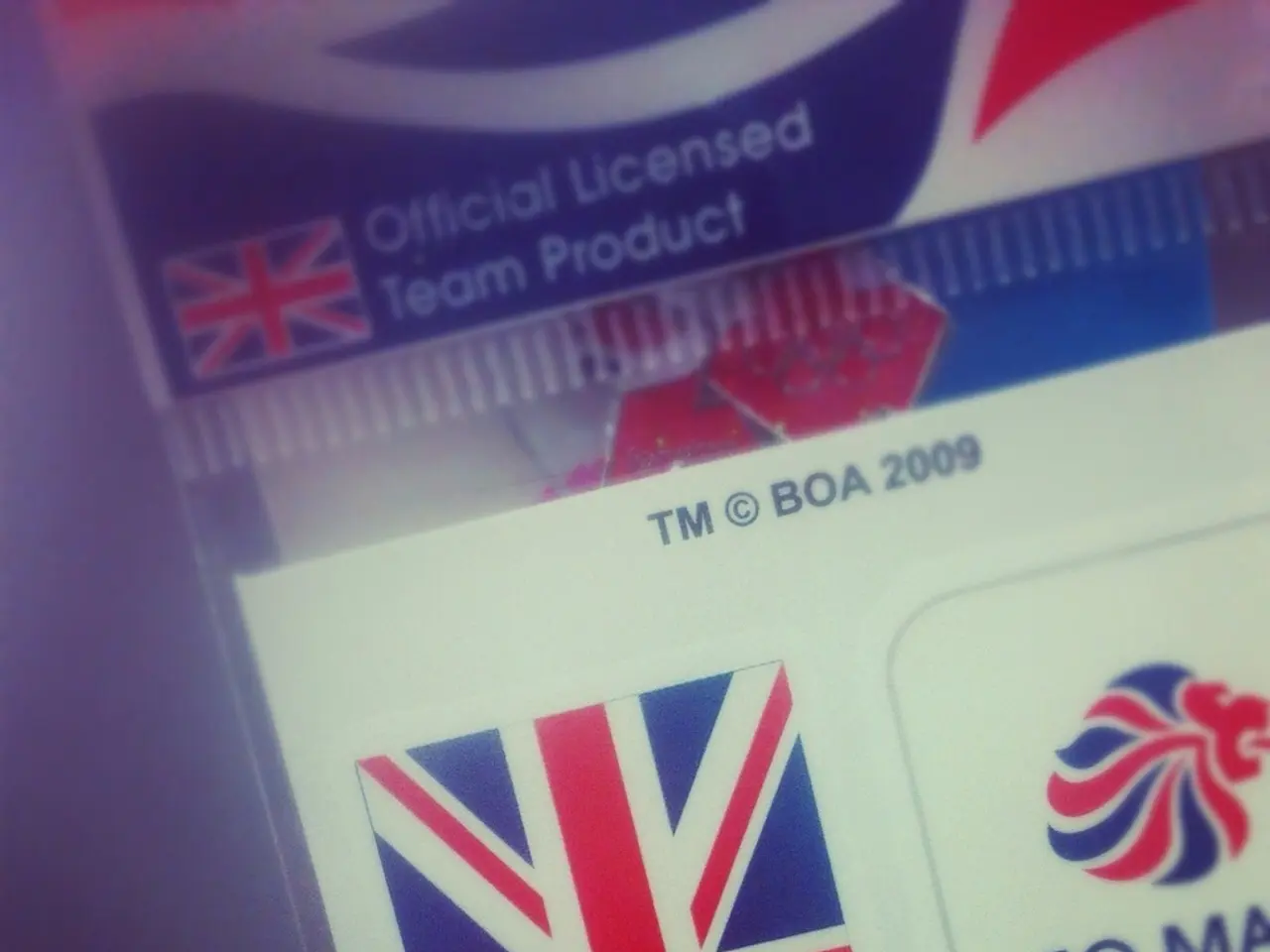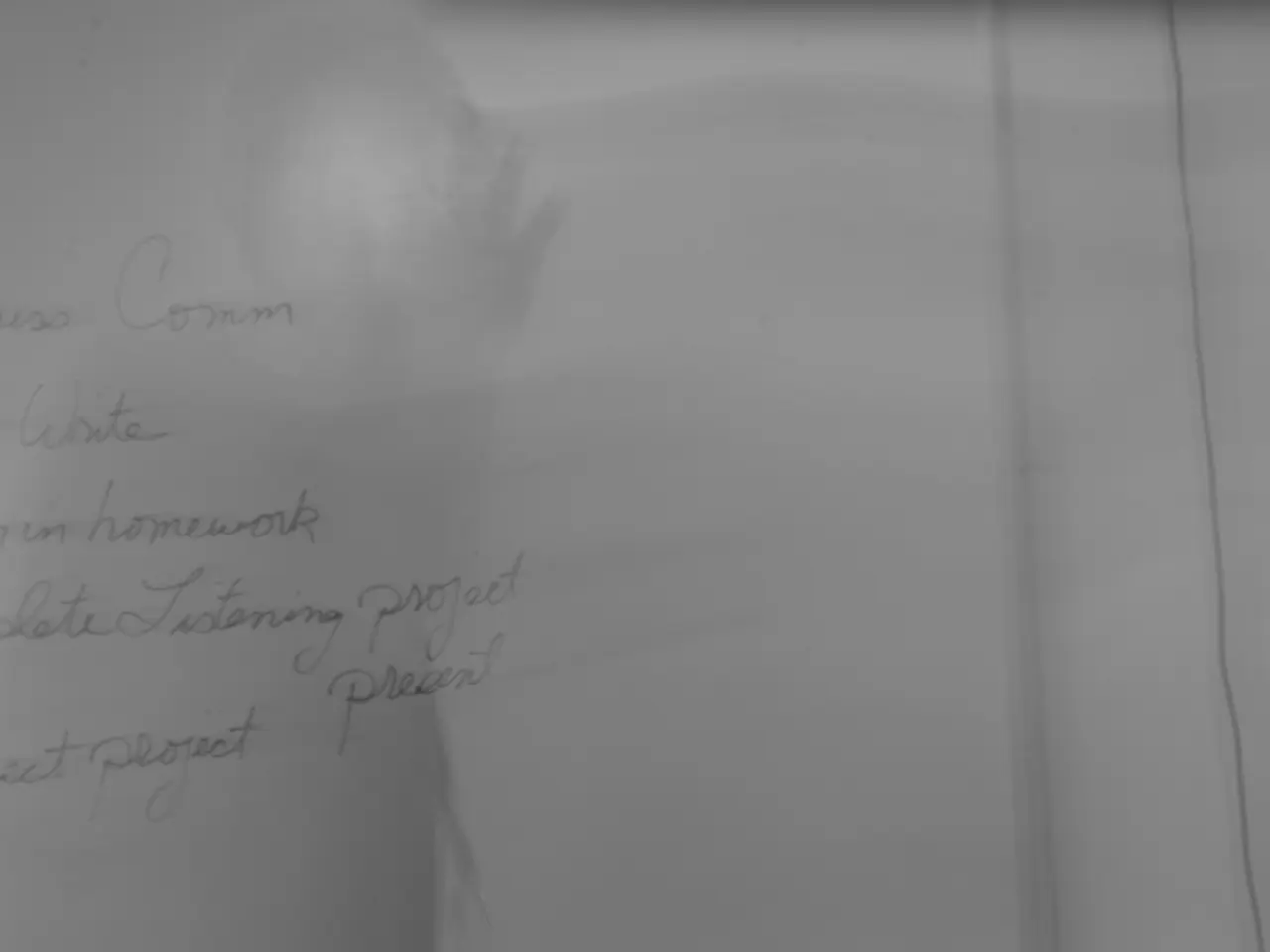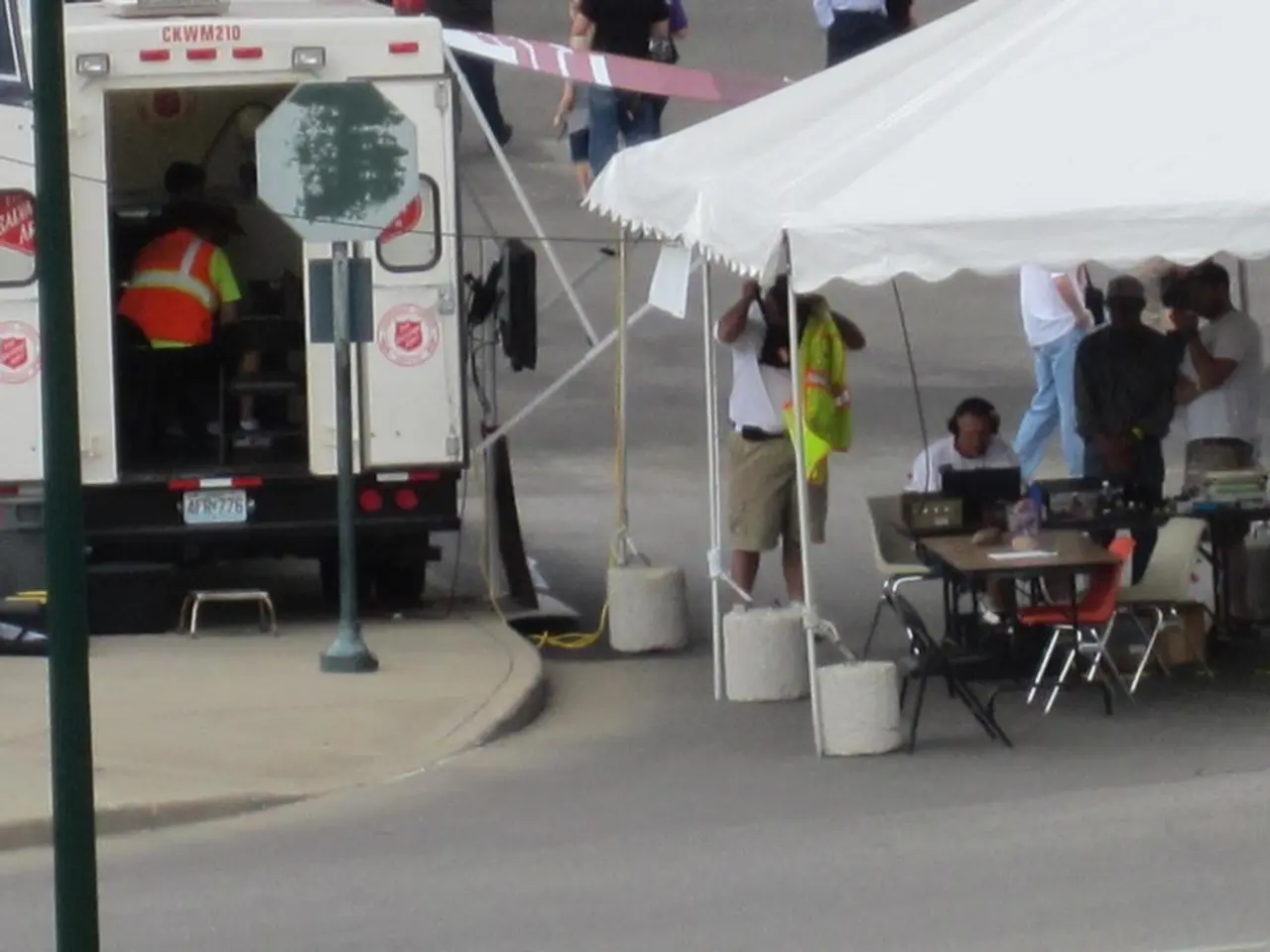Penalties for ex-VW executives in connection with the Dieselgate scandal - Court Rules Commission Failed to Comply with Obligations Stipulated in Article 85 (1) of the Treaty.
In a landmark verdict, the Braunschweig Regional Court in Germany has found four former top executives of Volkswagen (VW) guilty of fraud in the diesel emissions scandal, also known as "Dieselgate." The scandal, which broke in 2015, revealed that VW had used software to manipulate emissions tests on millions of diesel vehicles, allowing them to pass regulatory standards while emitting considerably higher levels of pollutants in real-world driving conditions.
The verdict came after nearly four years of trial and 175 hearing days. A former head of diesel engine development was sentenced to four and a half years in prison, facing the harshest punishment due to his central role in the events. Another former executive, responsible for powertrain electronics, received a two-year and seven-month prison sentence.
Two other defendants received suspended sentences of 15 months and 10 months, or one year and ten months in some reports. These executives were responsible for various aspects of engine technology at VW and played significant roles in the diesel-cheating scandal.
The verdict is still subject to appeal, which can be filed within a week. The legal proceedings are part of ongoing issues for VW, which has paid over €33 billion in fines and compensation related to the scandal.
The dieselgate scandal led to significant consequences for VW, including the resignation of former CEO Martin Winterkorn. However, his trial has been paused due to health issues, and his legal proceedings continue [1][2][3][4].
In the courtroom, the defendants who received sentences bowed their heads and followed the more than three-hour explanation of the verdict in a nearly full courtroom. The four defendants have claimed they were scapegoats in the diesel scandal. The defense had called for three acquittals and a warning, leaving several defendants dissatisfied with the decision.
The case highlights the intricate nature of the scandal, with the court viewing the manipulations as a team effort in a hierarchical system. The affected engines were developed by a large number of people, and there were no plans to abolish the technology. The court's presiding judge, Christian Schuetz, noted that some witness testimonies were not accurate or honest, as some witnesses had provided false or misleading statements to avoid self-incrimination.
Additional criminal cases against 31 defendants are still pending in Braunschweig as the legal proceedings continue [5]. The next trial against five defendants is scheduled to begin in November. The trial against the most prominent defendant, former VW CEO Martin Winterkorn, was interrupted by an accident and a hospital stay, leaving the continuation of his proceedings uncertain [3].
References:[1] "Deutsche Welle," Verdict in VW diesel scandal: Ex-managers convicted of fraud, May 20, 2025.[2] "Reuters," Ex-Volkswagen executives found guilty in diesel emissions scandal, May 20, 2025.[3] "BBC," Volkswagen ex-CEO Martin Winterkorn stands trial in diesel scandal, May 20, 2025.[4] "The Guardian," VW emissions scandal: are the six executives on trial really the guilty parties?, May 20, 2025.[5] "AP News," More sentenced in VW diesel emissions scandal, May 20, 2025.
In light of the verdict, the community and business sectors, particularly those focused on general-news and crime-and-justice, are keenly following the implications of the finances involved in the legal proceedings against former top executives of Volkswagen (VW). The company has already paid over €33 billion in fines and compensation related to the diesel emissions scandal, known as "Dieselgate."
The verdict may also influence other employment policies within the automotive industry, as it underscores the importance of adhering to honest practices and regulatory standards in the development and manufacturing of vehicles. This case serves as a stark reminder of the potential repercussions for individuals and corporations alike when employing fraudulent methods to circumvent regulations.




